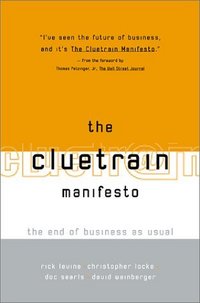In Gerstner’s book, there is an intriguing passage in which he defends turning IBM into an integrated services firm. As an aside, he says that it might not now have made sense to build up IBM’s diverse assets, but now, having them in existence, it made sense to use them. And he points out that even in the age of modularity, many customers needed, and were willing to pay for, a company that was able and willing to put everything together for them.
At first glance, this comment might seem at odds with the economist’s dictum that "sunk costs are sunk." But Gerstner was not advocating the integration of IBM services because IBM had historically invested a lot in building up the parts of the organization. He was pointing out that diverse parts, if properly integrated, would provide substantial added-value to an important sub-group of customers.
Here is the relevant passage from Gerstner:
(p. 61) Unfortunately, in 1993 IBM was rocketing down a path that would have made it a virtual mirror image of the rest of the industry. The company was being splintered—you could say it was being destroyed.
Now, I must tell you, I am not sure that in 1993 I or anyone else would have started out to create an IBM. But, given IBM’s scale and broad-based capabilities, and the trajectories of the information technology industry, it would have been insane to destroy its unique competitive advantage and turn IBM into a group of individual component suppliers—more minnows in an ocean.
The reference to the book, is:
Gerstner, Louis V., Jr. Who Says Elephants Can’t Dance? Leading a Great Enterprise through Dramatic Change. New York: HarperCollins, 2002.




 Charles Koch. Source of image: online version of WSJ article cited below.
Charles Koch. Source of image: online version of WSJ article cited below.